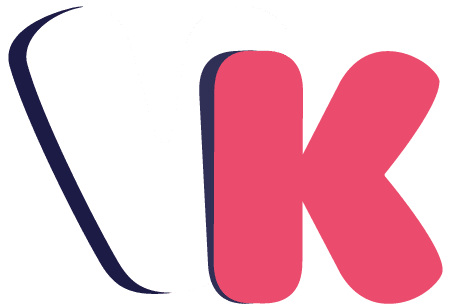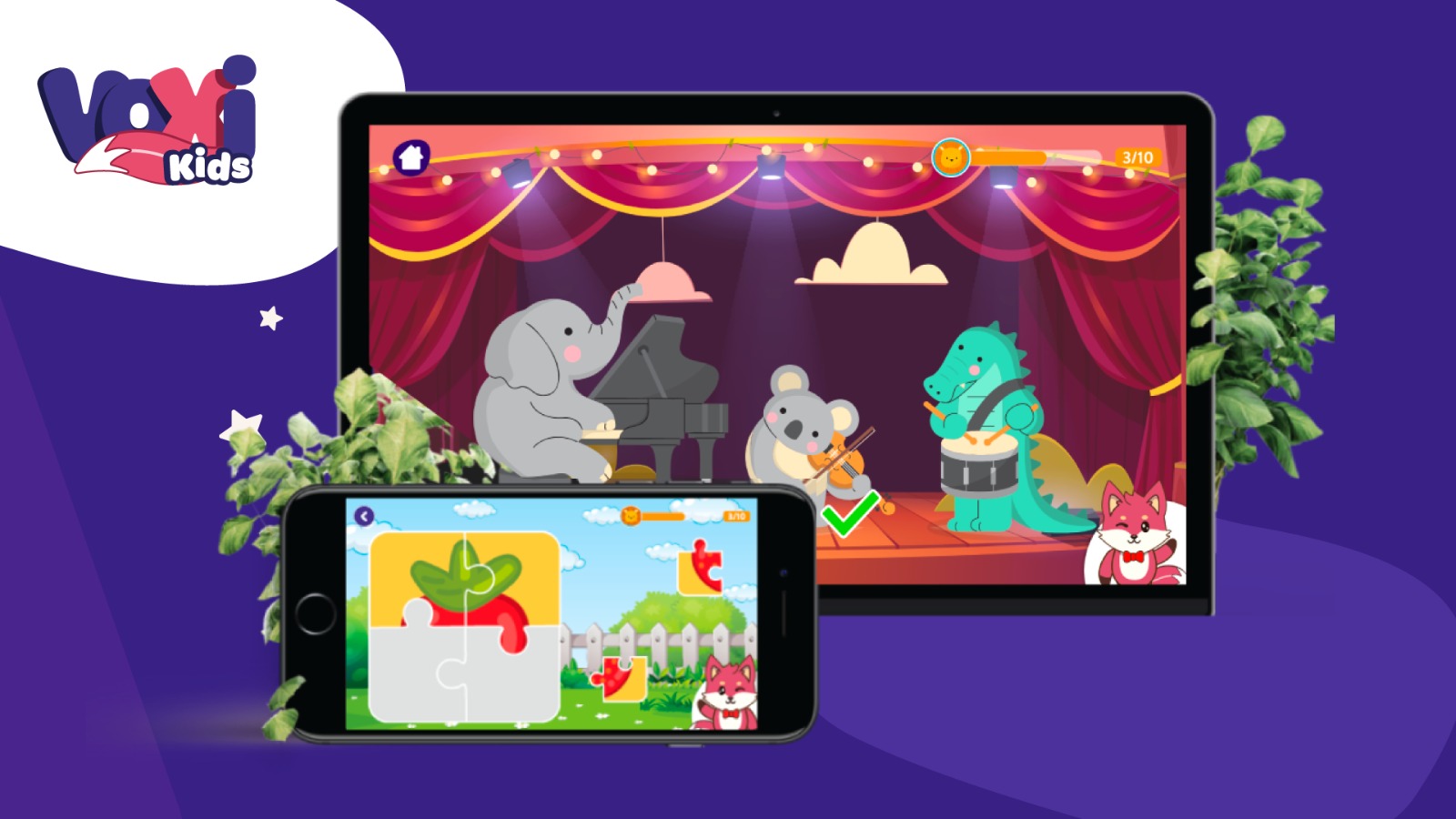Voxi: In your experience do you find online therapy as effective as in-person therapy?
Carolina: Speech therapy can be successfully conducted online in certain diagnostic contexts. The effectiveness of speech therapy in the online environment is the most important aspect when we are in the situation of opting for either onsite/face-to-face or online therapy. From my practical experience, especially in recent times (I should mention that I used to do online speech therapy before the pandemic period, but on a smaller scale than now), I believe that online speech therapy is more effective in certain diagnostic contexts, and if we have family support, even in diagnostic contexts, where the benefits of this type of therapy are less, we can achieve good results.
It is obvious that in-office speech therapy is the most desirable therapy, but in the pandemic context, when we have long distances to travel, when we rely on consistent support from the parent, when the recipient of speech therapy is quasi-independent in the use of technological resources, online speech therapy can be an advantageous solution.
V: What are the advantages of tele-therapy and who can benefit from it?
C: Among the advantages of online speech therapy I mention: cancelling distances, protecting ourselves and our children in a pandemic situation, reducing space and travel costs.
The beneficiaries of online speech therapy can be both children and adults as well as their families. Of course, in certain diagnostic contexts, such as multiple disabilities or autism spectrum disorders, online speech therapy is less effective, so it is either combined with in-office speech therapy or not considered an option.
V: Do you consider VoxiClinic a valuable speech therapy resource?
C: The idea of a digital clinic where the therapist has more resources at hand, as well as the possibility to carry out therapeutic activities in a secure virtual space, without having to opt for different online platforms, makes VoxiClinic, a certain innovative project, a possible valuable speech therapy resource.
What I would like from this project is that the exercises and tasks proposed to users through VoxiClinic are scientifically validated. Therefore, I believe that highlighting evidence-based speech therapy practice can give the clinic additional value.
V: What do you consider to be new in the VoxiClinic platform?
C: The Voxi Digital Clinic brings as a first novelty the integration of online resources and the possibility to perform speech therapy online through the platform. The digitisation of classic speech therapy exercises and activities is another new element, which is very relevant given the global evolution of things.
V: What impact do you think VoxiClinic has on children?
C: VoxiClinic can be a valuable speech therapy resource, giving children and their families the chance to benefit from speech therapy, even in delicate contexts such as this situation we have been going through for almost 2 years.
V: How long does an online speech therapy session last? Is it the same as a traditional, in-office therapy session?
C: An onsite speech therapy session lasts 50 minutes. Sometimes the online speech therapy session, in order to be effective, we split it into two sessions, especially with young children or in diagnostic contexts where the engagement in tasks of the beneficiaries is more deficient.
Carolina Bodea Hațegan is a PhD lecturer at the Department of Special Pedagogy, Faculty of Psychology and Educational Sciences, Babeș-Bolyai University, Cluj-Napoca/ founding member and president of the Association of Specialists in Therapy of Language and Communication Disorders in Romania-ASTTLR.







